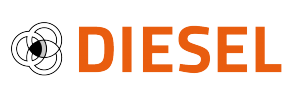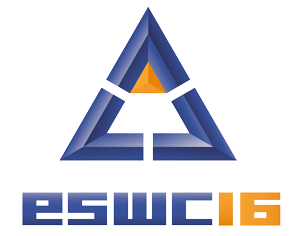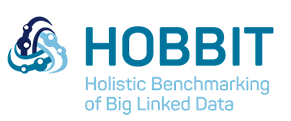
DIESEL is a European project funded by the Eurostars Eureka grant (E!9367) and is running from 1st September 2015 to 31st September 2018.
The goal of the DIESEL project is to develop a novel scalable approach to enable search through distributed enterprise data. Based on the natural language input DIESEL will understand the semantics of the user input, e.g. a question, and convert the search into a federated search over the large enterprise data. The result of the federated search queries will be converted into a comprehensive answer. The aim of the research project is to enhance the efficiency, reduce costs and improve the decision making process through a holistic answer based on the large enterprise data that has been queried.
The project consortium consists of three partners, namely Ontos from Switzerland as the project coordinator, as well as the German research partners metaphacts and Leipzig University’s AKSW.
On February 29th, we finished the first milestone including an initial feasibility study, technical architecture and a thorough requirements specification pertaining to our use cases. In particular, we want to cover three domains:
- Querying Enriched Encyclopedic Knowledge
- Search over Wikidata
- Medium-Large Enterprise Search and Knowledge Graph
The documents themselves can be found at http://diesel-project.eu/deliverables.
Please get in touch with us on twitter or get to know more at our website.

 Co-funded by EUREKA member
Co-funded by EUREKA member In the incoming colloquium,
In the incoming colloquium, 


 At the todays colloquium,
At the todays colloquium, 

